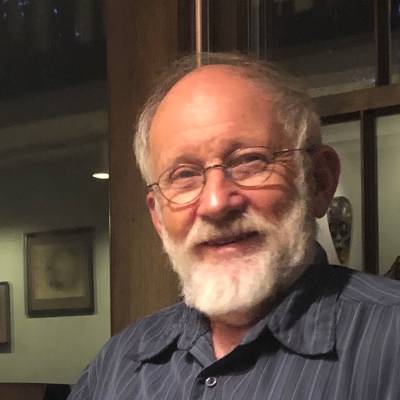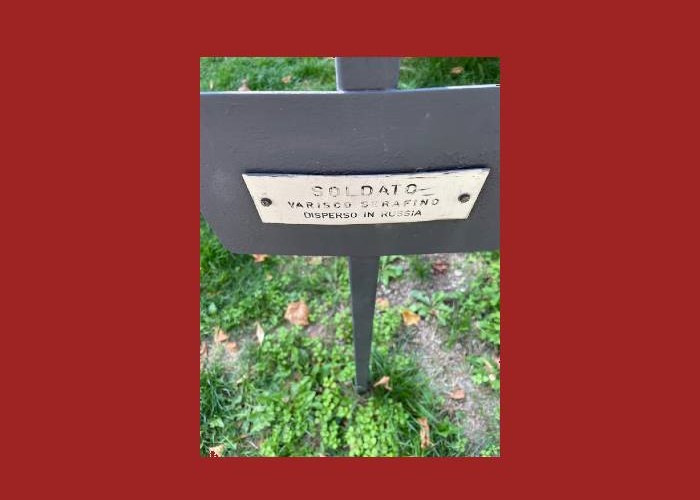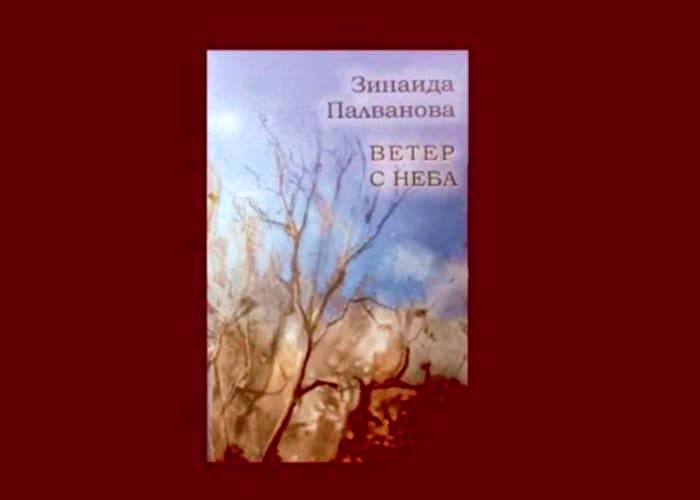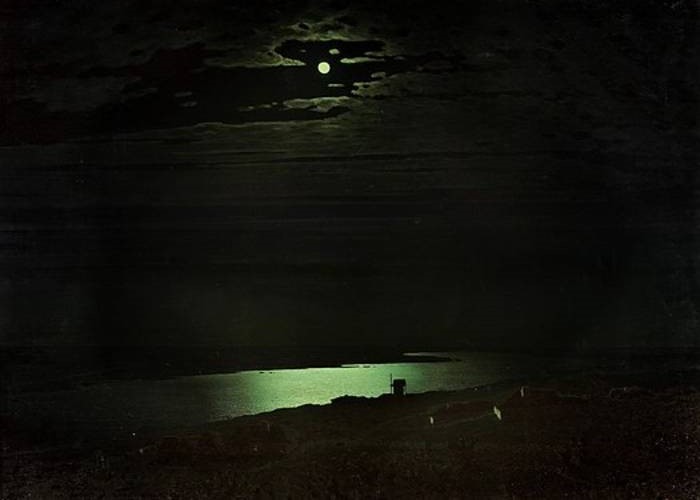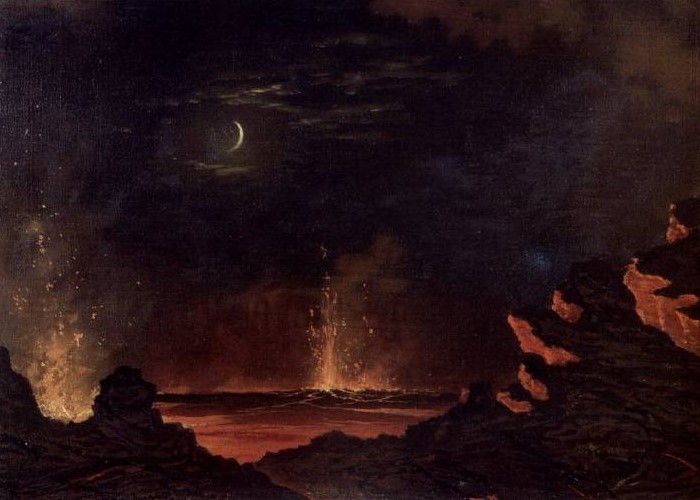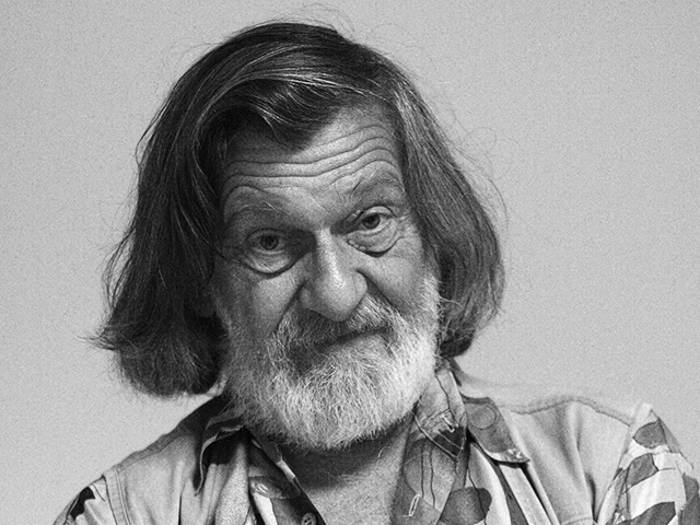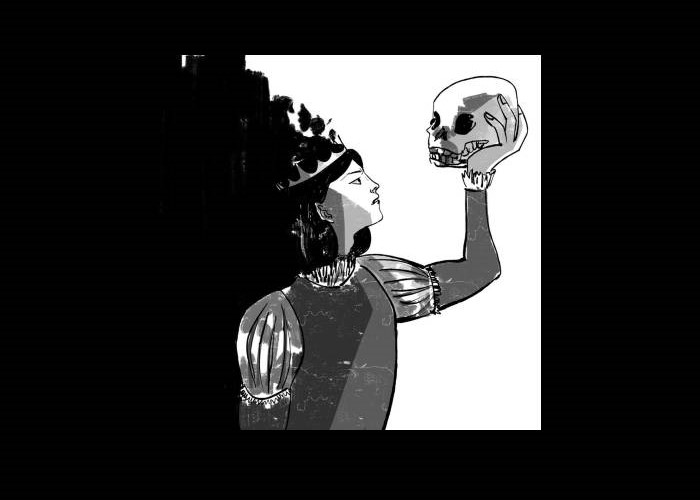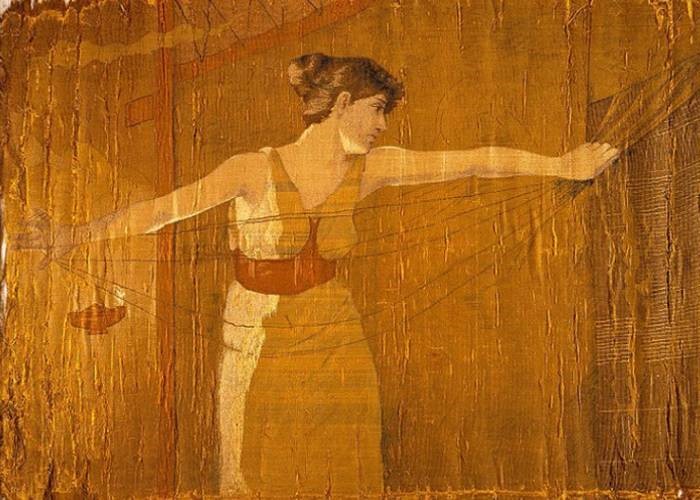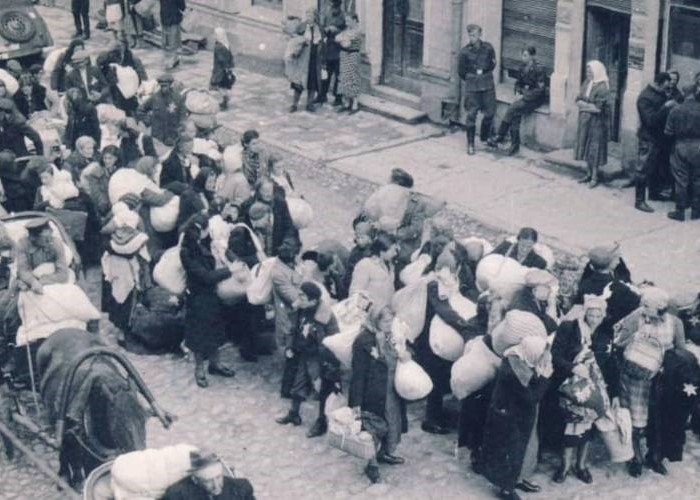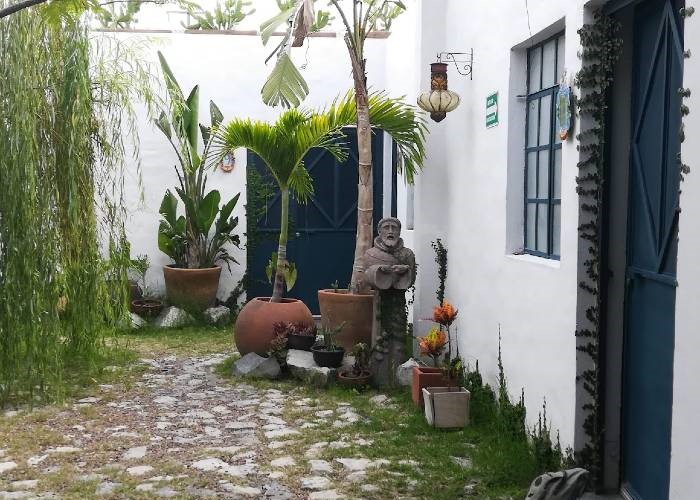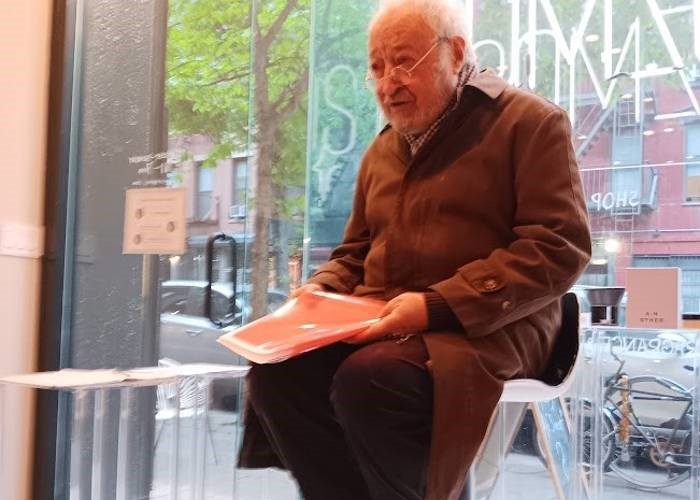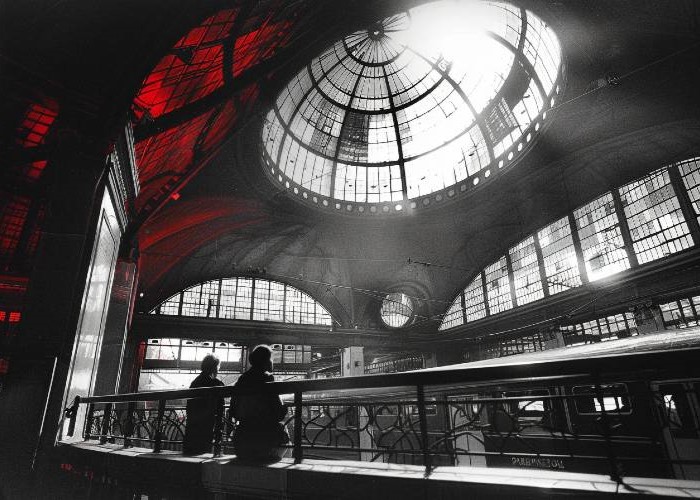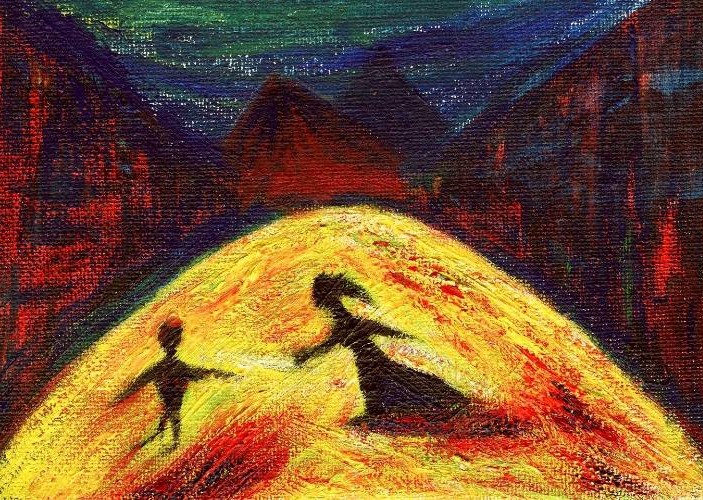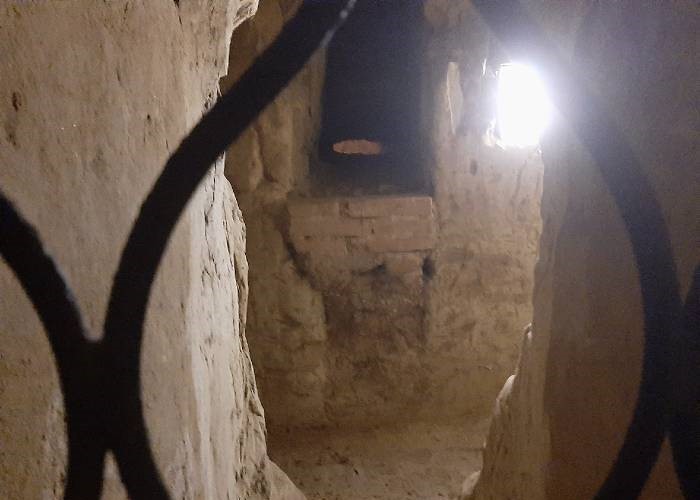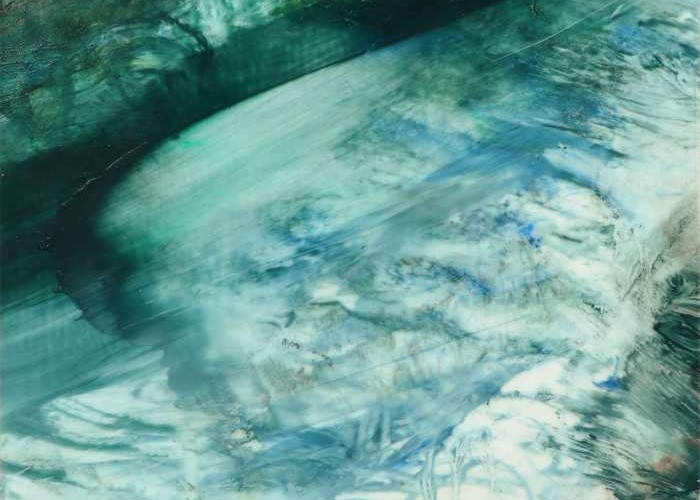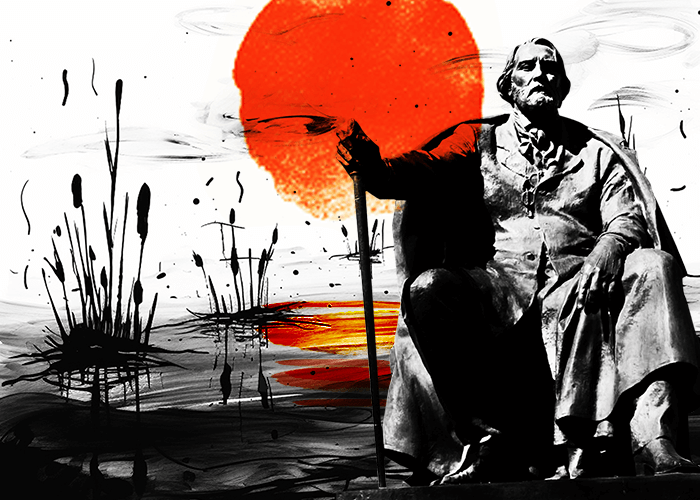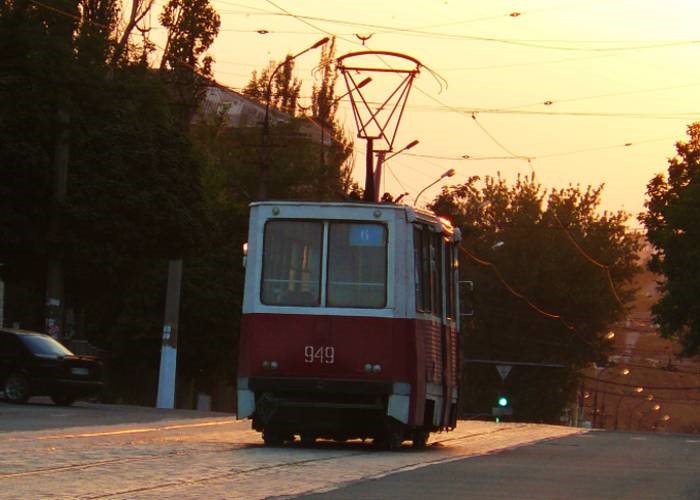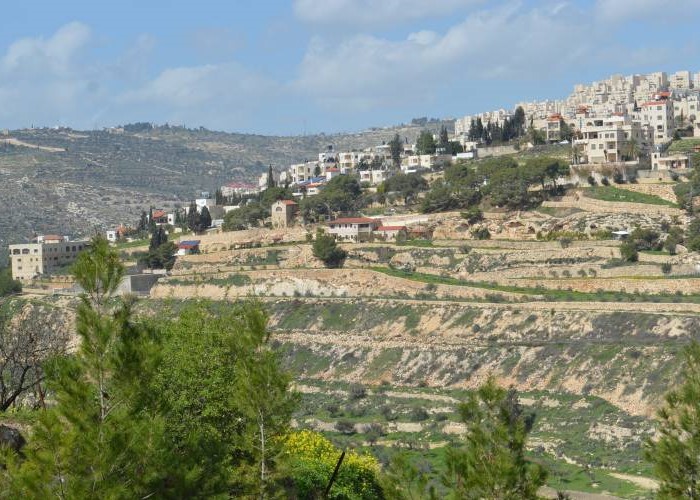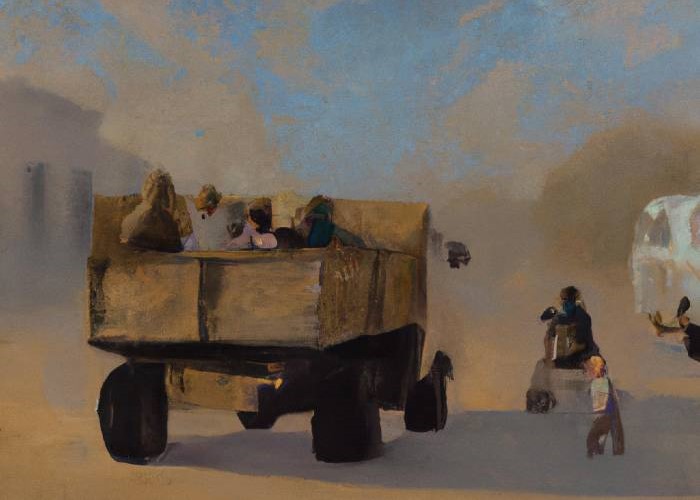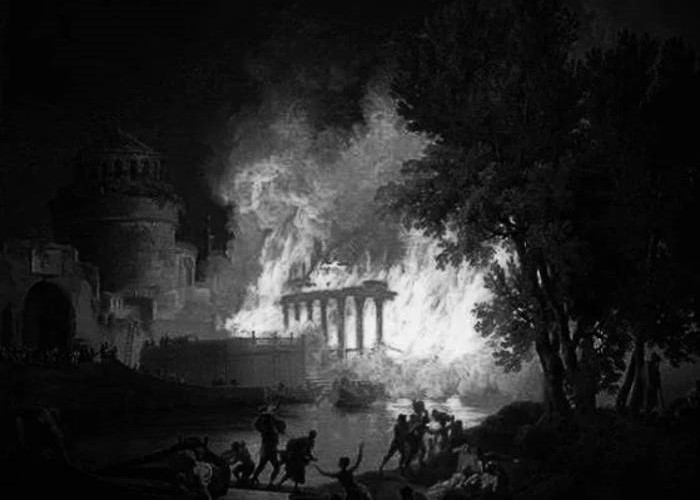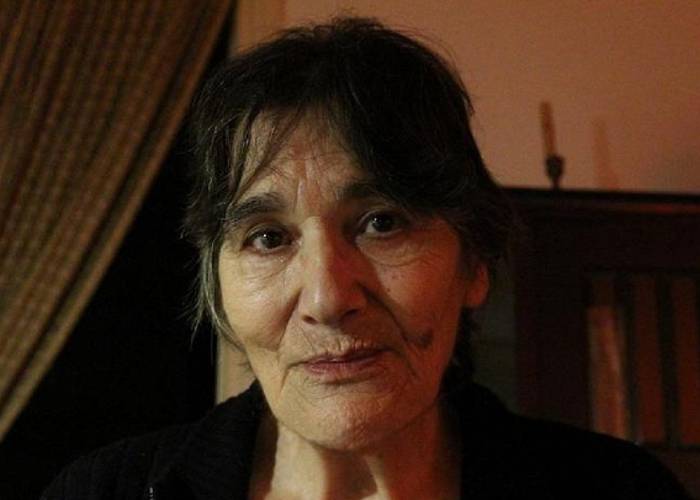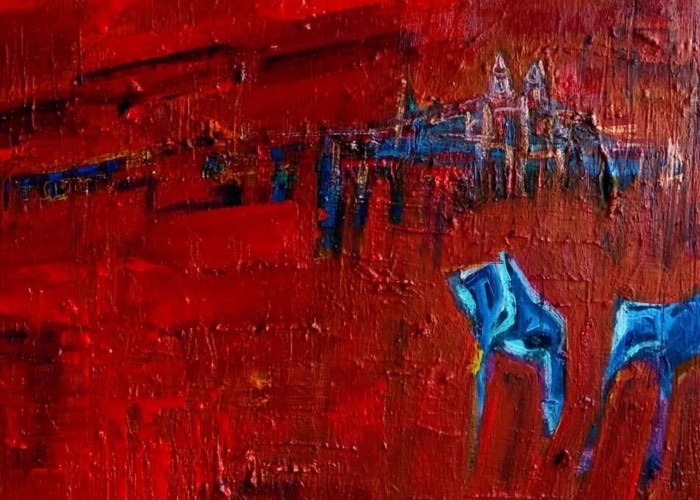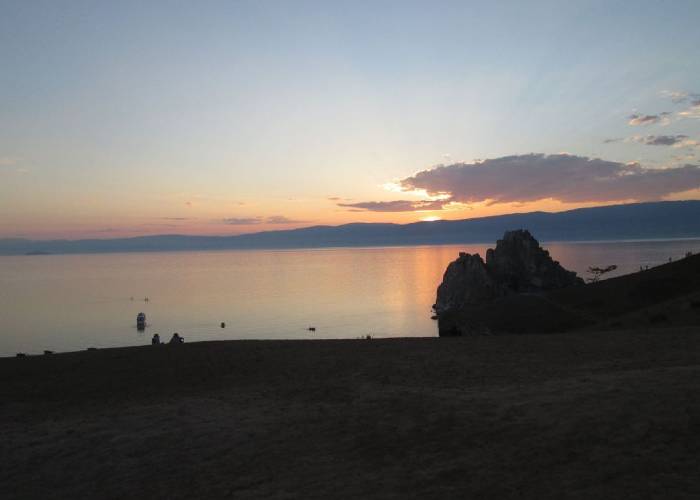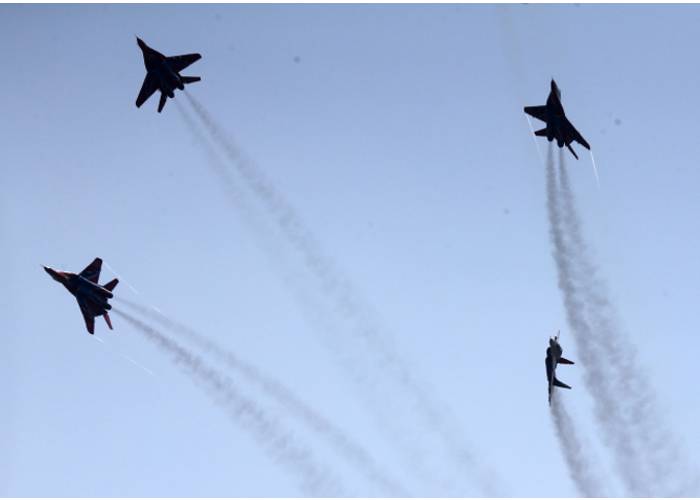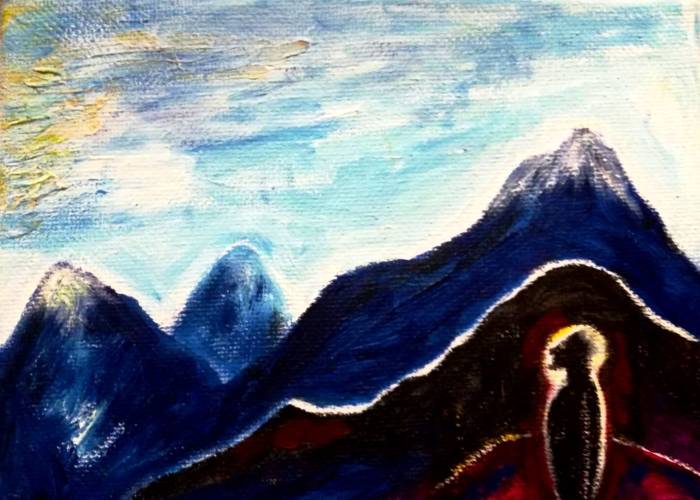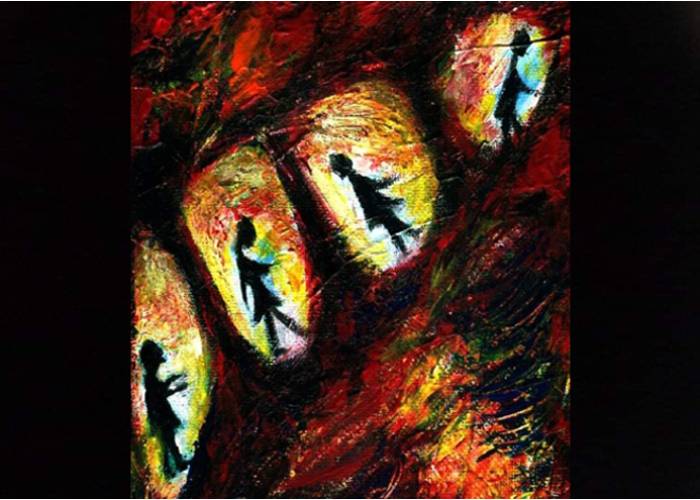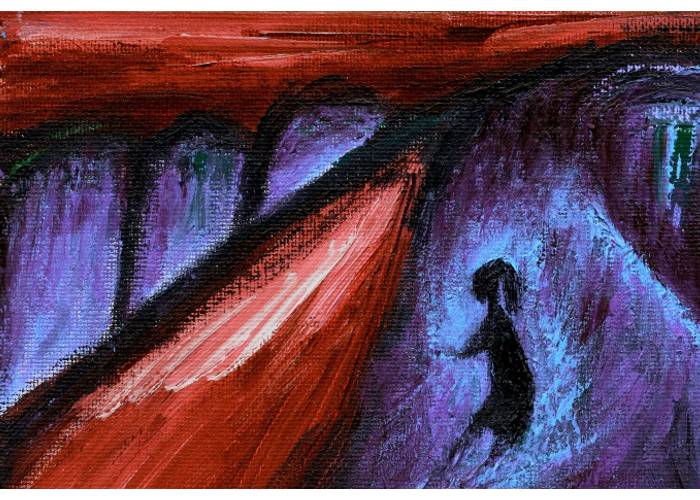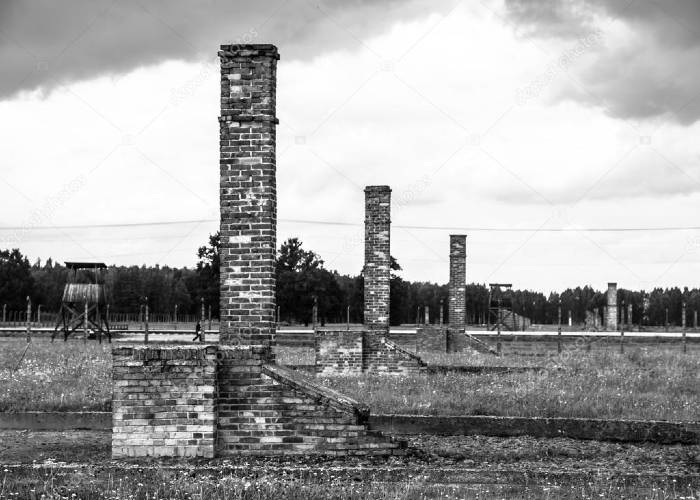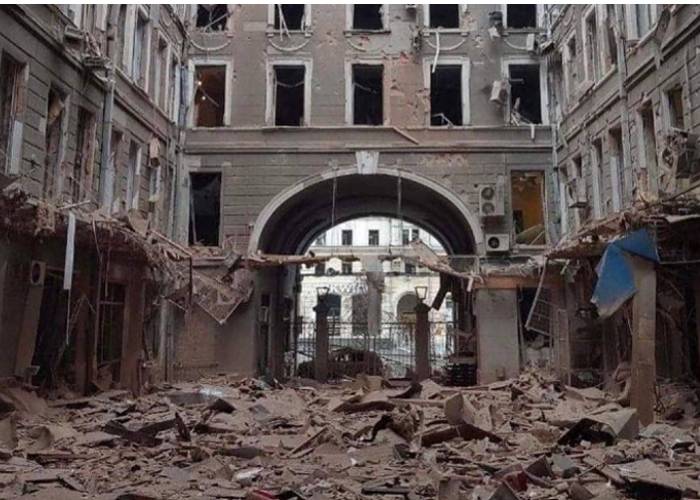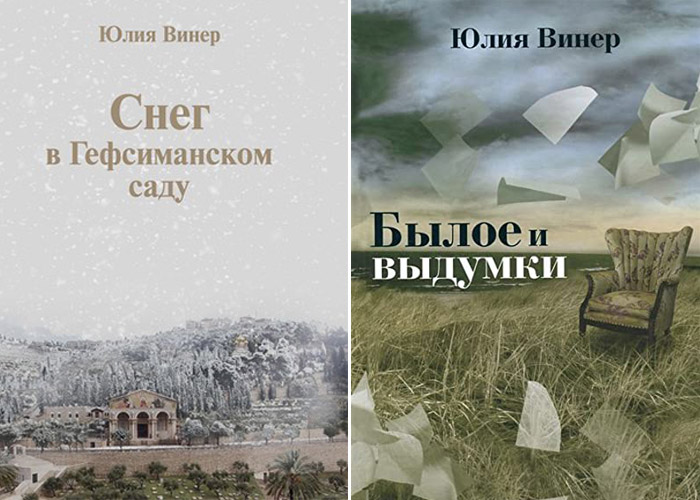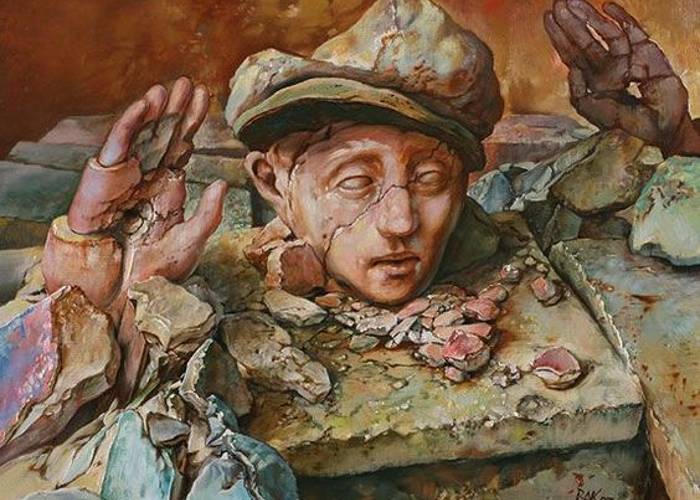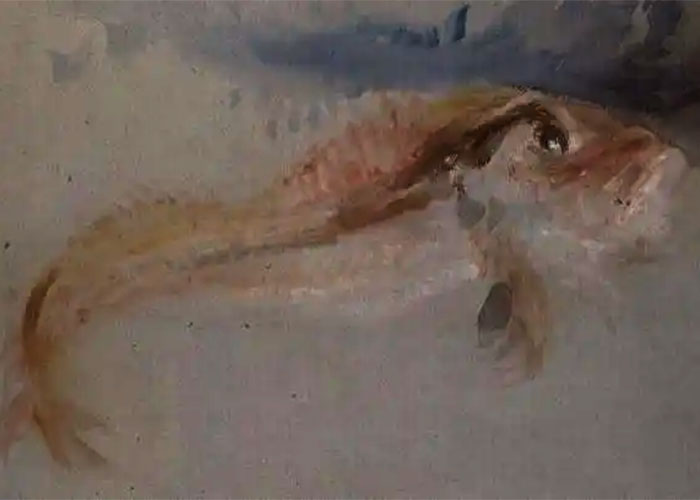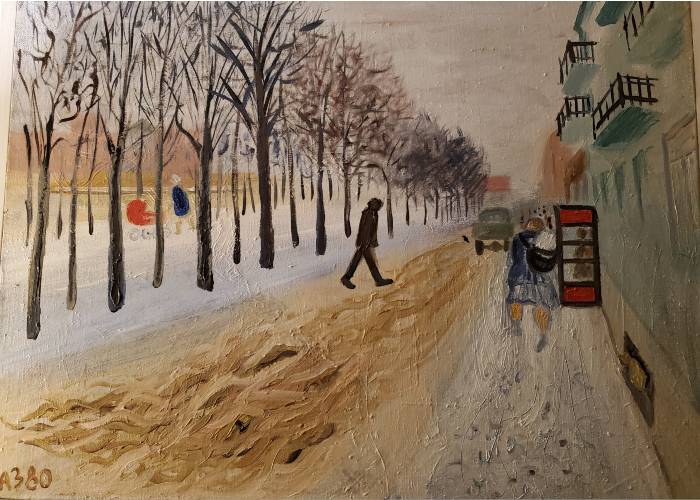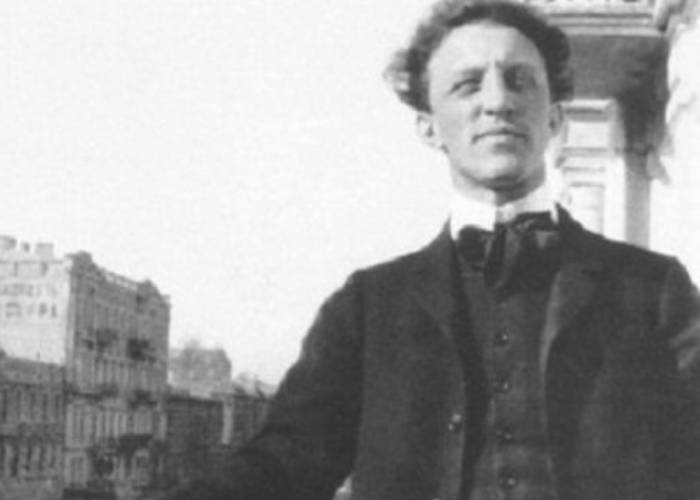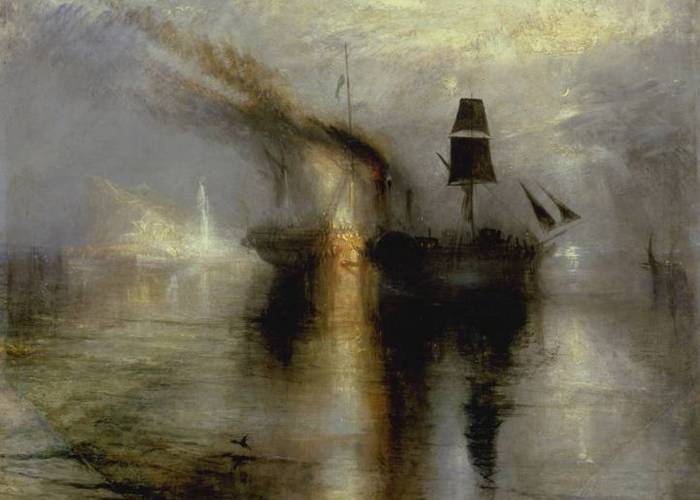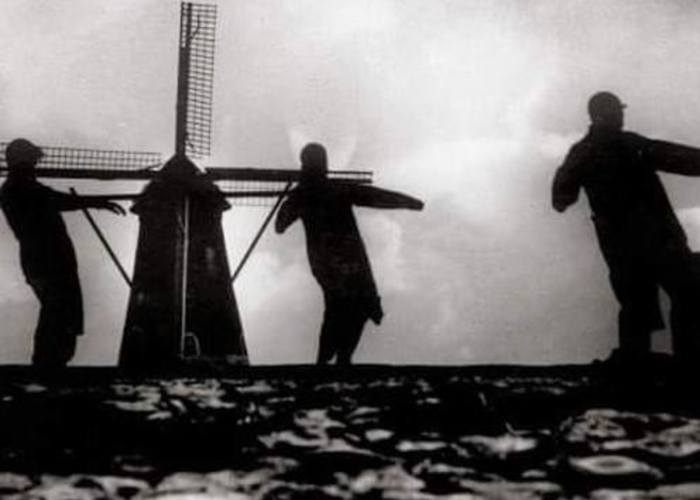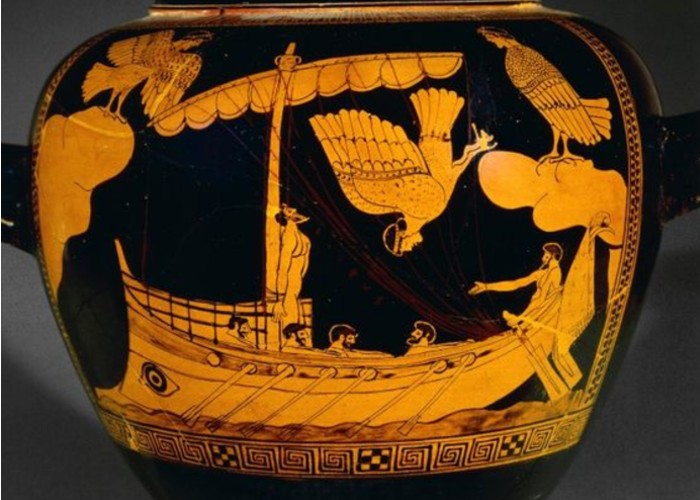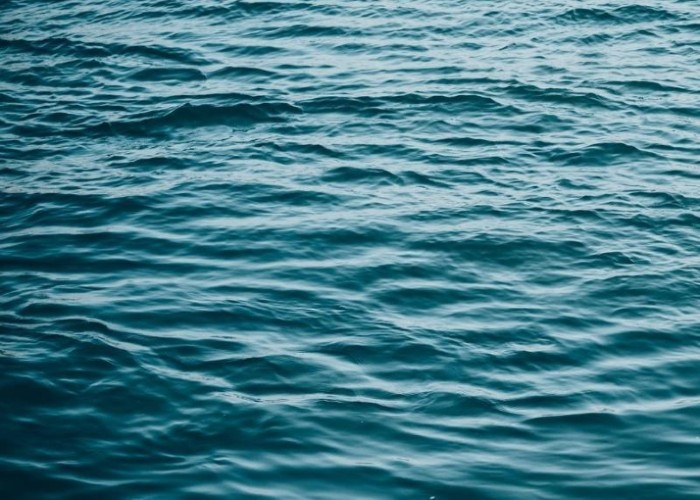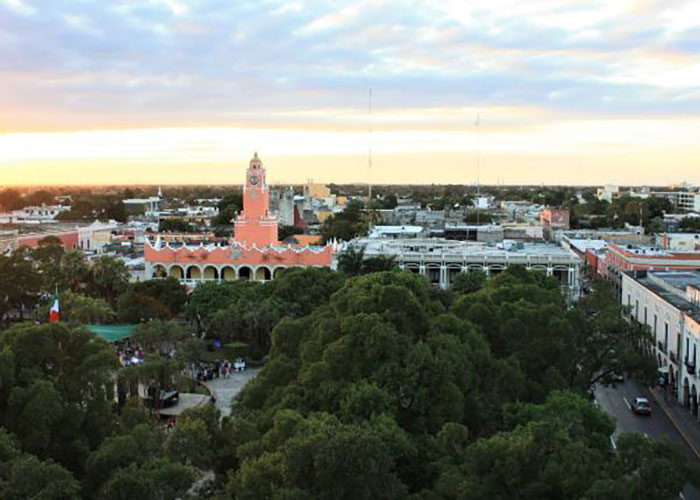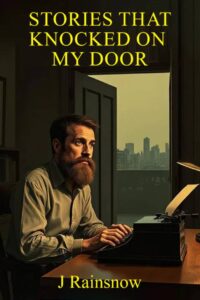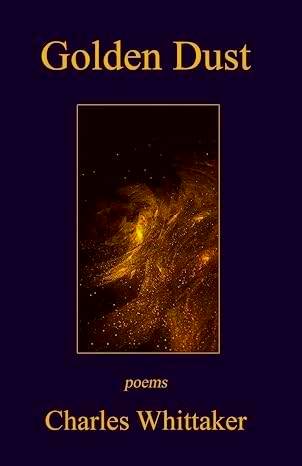To Peter S.
In December, Merida seems to be the ideal
of climate: one gets neither cold, nor sweaty
(in a pool at daytime, under a blanket at night),
and the only difference from the Garden of Eden
is in the clatter that is like one of a rolling-mill
in a Soviet newsreel of early 60-s.
All is rumbling: trucks, buses, bird flocks,
TVs, fireworks… By the way,
fireworks here happen almost weekly,
and a carnival is followed by a carnival,
and, except money,
people here have all they need in abundance.
and the ultimate thing: everyone has this positive vector:
Don’t lament, relax, don’t be angry, don’t strive.
Being poor is better in this climate,
where one will not die from freezing.
But it is better to be somewhat better off,
give two-three pesos to a beggar,
being fully aware that it could happen another way,
because life, imitating a bad play,
is not afraid of using clichés and it shifts as it wishes,
giving arbitrarily something to anyone
without any consideration or delay:
you – sit behind bars, and you – under a palm.
The play is not ingenious but it is not banal either,
it judges by the fact, not by the design:
I could have been eating gruel but I eat bananas instead.
(Not by Providence but by pure luck).
The sky here has special clouds
that are stamped by a visa of a different world.
Sometimes they are like bulky pelicans,
sometimes they are like flaming flamingos.
Yet, the distance to the ocean
is about forty kilometers. From the bell tower of the Cathedral
one can see streets, roofs, forests, savannas –
but any moisture is hidden from the view
except one of the clouds. And everywhere there is stone.
The streets are like gorges.
Each house, elbowing its neighbors,
defends his own rectangle of joy
from an eye of a stranger. But if one looks from above,
one sees tables, hammocks, canopies,
and the mind quickly does some evaluation
like a playboy evaluating a woman at a glance.
Well, the picture is good. I accept
this paradise, which has come incidentally,
where the mad heat will prevail by May,
and September will come down in torrents.
The Maya Indians’ faces seem rigid.
Their features both attract and repel,
perhaps because the paradise here is short-living.
I have heard though that one gets used to it.
2014.
(Translated from Russian by the poet.)
